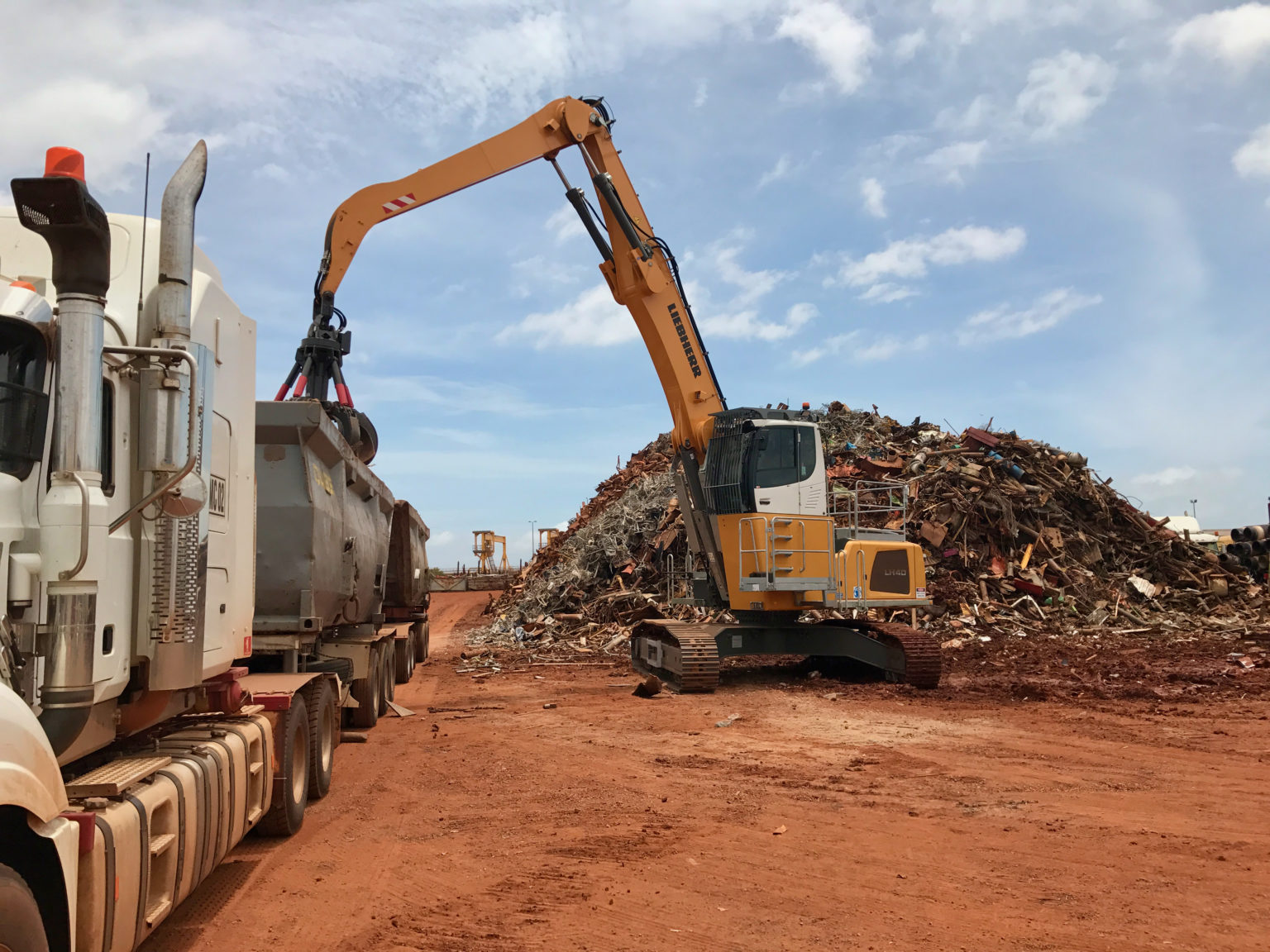The importance of ships and marine vessels has continued to grow in our contemporary economy, with their usefulness lasting far beyond their time at sea. The scrap metal value of ships of all sizes brings both financial and environmental benefits for the industry, thanks to the dedicated marine salvage work carried out by experienced scrap metal recyclers.
The advantages of converting used scrap such as steel into new products are far reaching, from the economic advantages of reusing materials and the conservation of natural resources, to energy savings and fiscal benefits gained by the marine sector.
Read on to learn what the marine salvage process involves, and how C.D.Dodd can aid you in the dismantle and recycling of your shipping vessel for profit.
What is marine salvage and recycling?
Marine salvaging, historically known as ship breaking, has occurred for many decades. With a boost in the industry post World War II, the salvage and recycling of marine vessels has continued to soar into a lucrative industry.
Decommissioned ships that have run their course may not be of any use on the water, but their deconstruction reveals an immense amount of metal and valuable parts suitable for recycling. Steel in particular is a commonly recycled metal taken from the marine industry, keeping manufacturing costs down thanks to the million tons of scrap created by the sea vessel recycling industry annually.
The marine salvage process
Ship breaking is a valuable source of parts and scrap, typically retrieved from vessels after their 25-30 year lifespan. Experts in marine salvage use advanced technology to identify the grade of scrap when taking apart a ship, retaining all reusable parts.
This recycling process typically yields tons of both ferrous (steel) and non-ferrous (copper, aluminum) metals suitable for recycling. The exacting processes safely carried out by the experts at C.D.Dodd results in recycled metal that retains all of its original strength and durability, making it suitable for manufacturing into new machinery, vehicles, and of course, ships.
Environmental benefits
While marine salvage and recycling benefits your ROI by saving valuable metal scrap from being dumped in landfills, it’s also highly advantageous for the environment. With less need for the mining and retrieval of raw materials, reduced pollution occurs on our land while preserving valuable virgin ore.
The reduction in energy required for production means reduced C02 emissions, with a documented 70% less energy consumption required for recycling than for mining. Water consumption is also reduced and air and water pollution is cut, benefiting the entire planet.
Work with tech industry leaders at C.D.Dodd
C.D.Dodd is a scrap metal industry leader, thanks to decades of safe practices and investment in leading technology to improve both the quality and environmental benefits of scrap metal recycling.
Extensive experience working with a wide range of industries, from marine and mining, to construction and manufacturing, makes C.D.Dodd the reliable choice when it comes to thorough marine salvage and recycling.
Contact us today to see how our advanced tech can benefit your marine business, or to book a reliable scrap metal salvage or collection service now.
